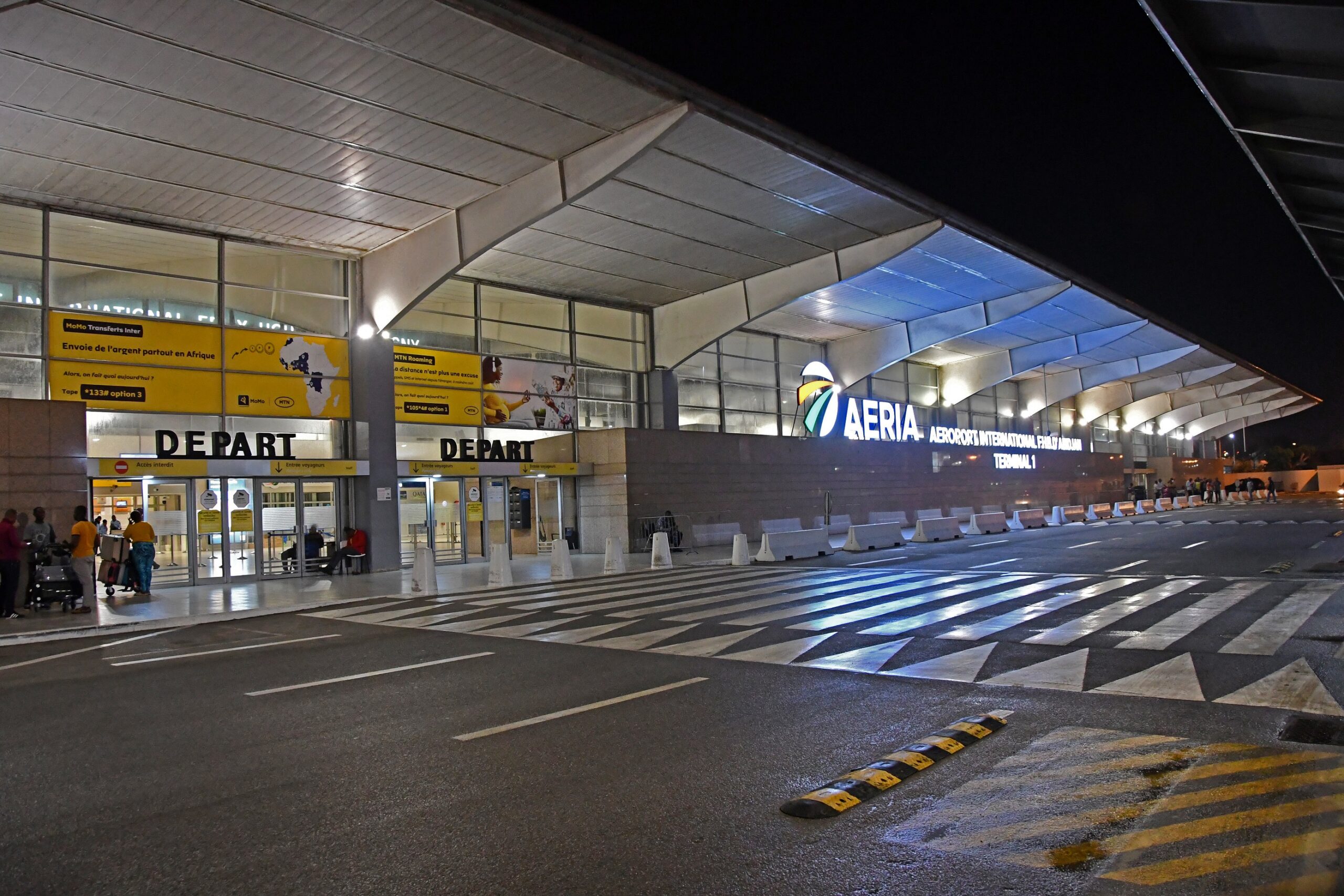Air Transport: The Number of Travelers at Abidjan Airport Increased from 935,000 in 2020 to Over 2.5 Million by the End of 2024

The number of passengers at Abidjan Airport in 2024 rose by 8.7% compared to 2023.
Passenger traffic at Abidjan Airport has been steadily increasing since the end of COVID-19, rising from 935,130 travelers in 2020 to 2,535,451 travelers by the end of 2024—a total increase of 171.1% between 2020 and 2024, announced Coné Dioman, Chief of Staff of the Minister of Transport, Amadou Koné, on Thursday, January 23, 2025, in Abidjan-Cocody, during the opening of the national consultation workshop for air transport users.
The number of passengers at Abidjan Airport in 2024 rose by 8.7% compared to 2023, when the passenger count stood at 2,331,917. Coné Dioman stated that, in terms of connectivity, Côte d’Ivoire was directly connected in 2024 by regular flights to 26 African cities, 4 Asian cities, 1 city in North America, and 2 European cities, served by 23 regular airlines.
Regarding the national airline Air Côte d’Ivoire, the Chief of Staff highlighted its satisfactory performance, marked by achieving financial balance and initiating a cycle of profitability. “The national airline, which has posted positive operating results since 2021, recorded a profit of 658 million FCFA at the end of the 2023 fiscal year,” he said.
Air Côte d’Ivoire has expanded its network of destinations and will soon launch long-haul flights, starting with services to Paris in 2025, according to the Chief of Staff. Coné Dioman also noted that domestic air traffic is booming, with an average of 100,000 passengers annually at regional airports across the country.
Even though the air transport sector in Côte d’Ivoire is characterized by strong collaboration and synergy among stakeholders, in 2023 the country accounted for only about 1.04% of Africa’s total air traffic and 6.81% of West Africa’s total air traffic.
“It is therefore crucial for us to pause and discuss with all stakeholders a national policy on air transport to address competition, improve connectivity, enhance safety and security, consider environmental issues, and meet the expectations of travelers and the population,” he emphasized.





